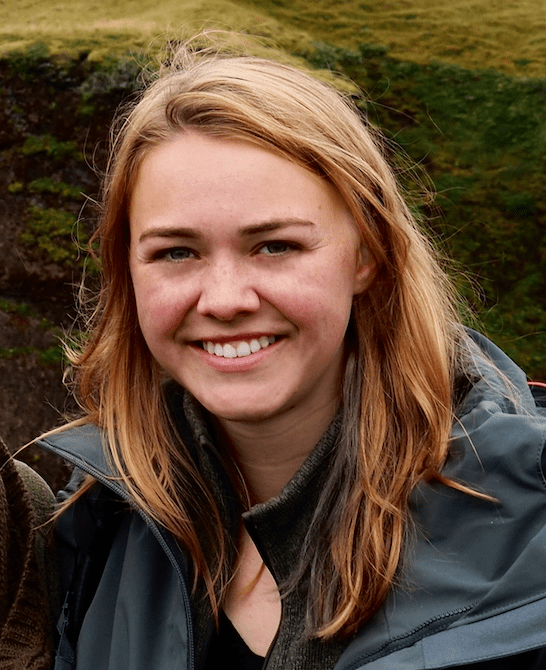
Hannah Whitworth is the Human Services Coordinator in the Seattle Human Services Department’s Safe and Thriving Communities (STC) division. She has worked at Seattle Human Services for a year and half.
What is your role at Seattle Human Services?
I work as a Human Services Coordinator on the Domestic Violence Intervention Project (DVIP) and with the Mayor’s Office on Domestic Violence and Sexual Assault (MODVSA). I partner with community-based agencies and other City entities, including the Seattle Municipal Court and Seattle City Attorney’s Office. This work is funded through a U.S. Department of Justice Office of Violence Against Women grant as well as General Fund.
What made you want to work in human services?
I wanted to understand the systems that affect our communities and how to improve upon them. I appreciated the opportunity to bring together my interests in research and systems thinking, to apply my skills in program and project management, and to work in a field that addresses gaps in the needs of our community, especially the needs of members of our community historically neglected and disenfranchised by these systems.
How has your job changed in recent years?
The project has expanded, incorporating additional community partners and systems partners. There have been several position transitions, as well as scenario changes throughout the city that have catalyzed our team to adapt. My role within MODVSA has expanded, although focusing on the DVIP, I have taken on additional responsibilities, from working with Grants & Contracts to collaborating regularly with the MODVSA planners.
What do you love about your job?
My co-workers and team. I think my favorite part of my job is being able to collaborate, to challenge and learn from each other, and to work with a supportive team.
How do you contribute to HSD’s overarching goals related to racial equity?
I am continuously working towards anti-racist work, both as an individual and in my role. I understand the power and influence I have in these positions and identities and prioritize continuing education through Undoing Institutionalized Racism and my personal research and learning. I strive to apply these tools to my work through strategic project planning, evaluating the decisions and steps our team takes to progress the project, and consulting community perspectives in these decisions.
What motivates you or keeps you going?
Seeing how much work there is to be done. I’ve found myself overwhelmed by this, too, but there is no quick fix. I only have agency over my actions, and while mine, as an individual, is a small part, it is still significant, so I need to take ownership of that.
What’s one piece of advice for HSD newcomers or recent graduates in your field?
Never stop asking questions. Whether that’s of yourself or the systems we take part in, asking questions reduces the risk of assumptions and provides space for change. Additionally, maintaining an inquisitive and curious mind forces us to continuously learn and allows us to adapt to the changes around us.

